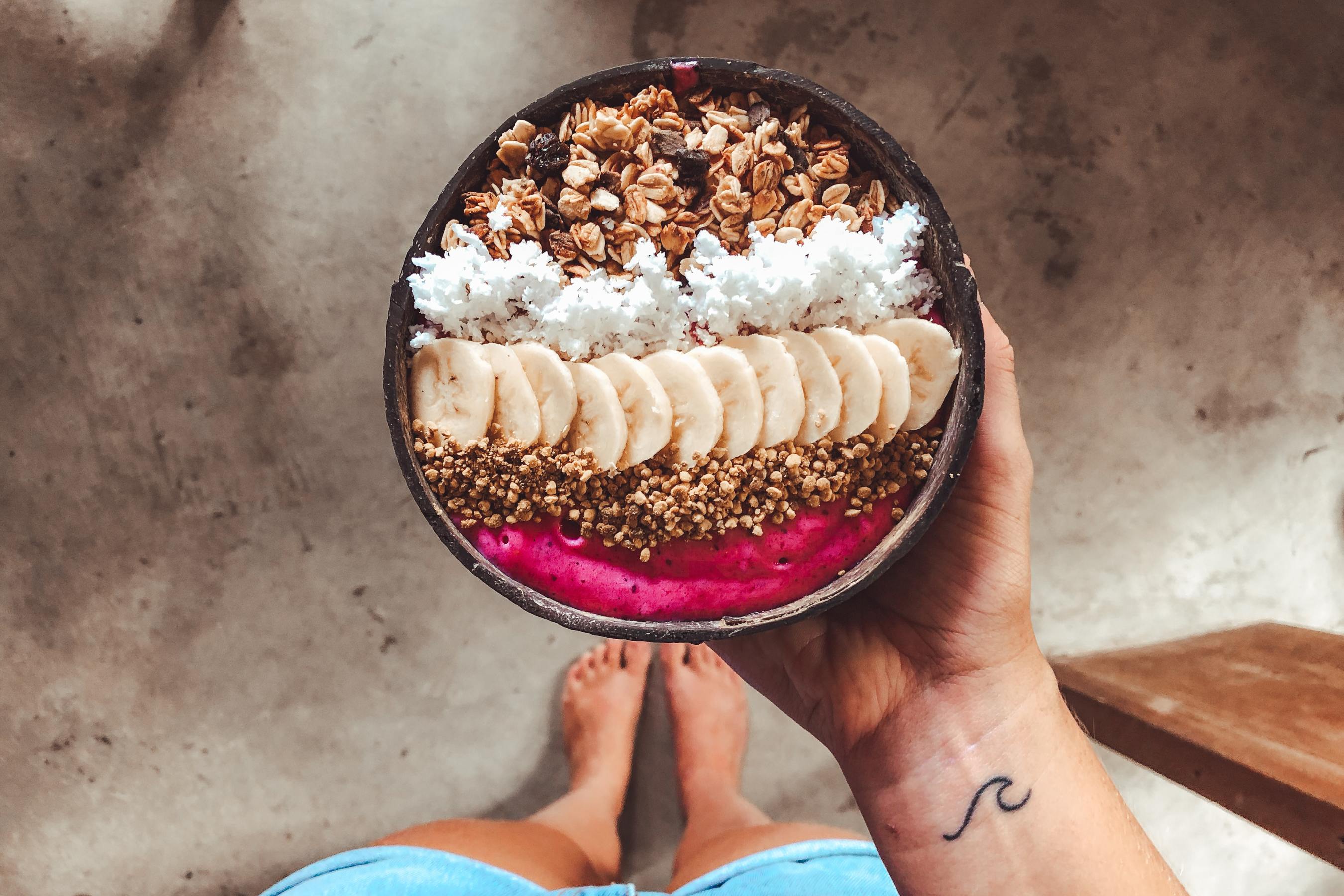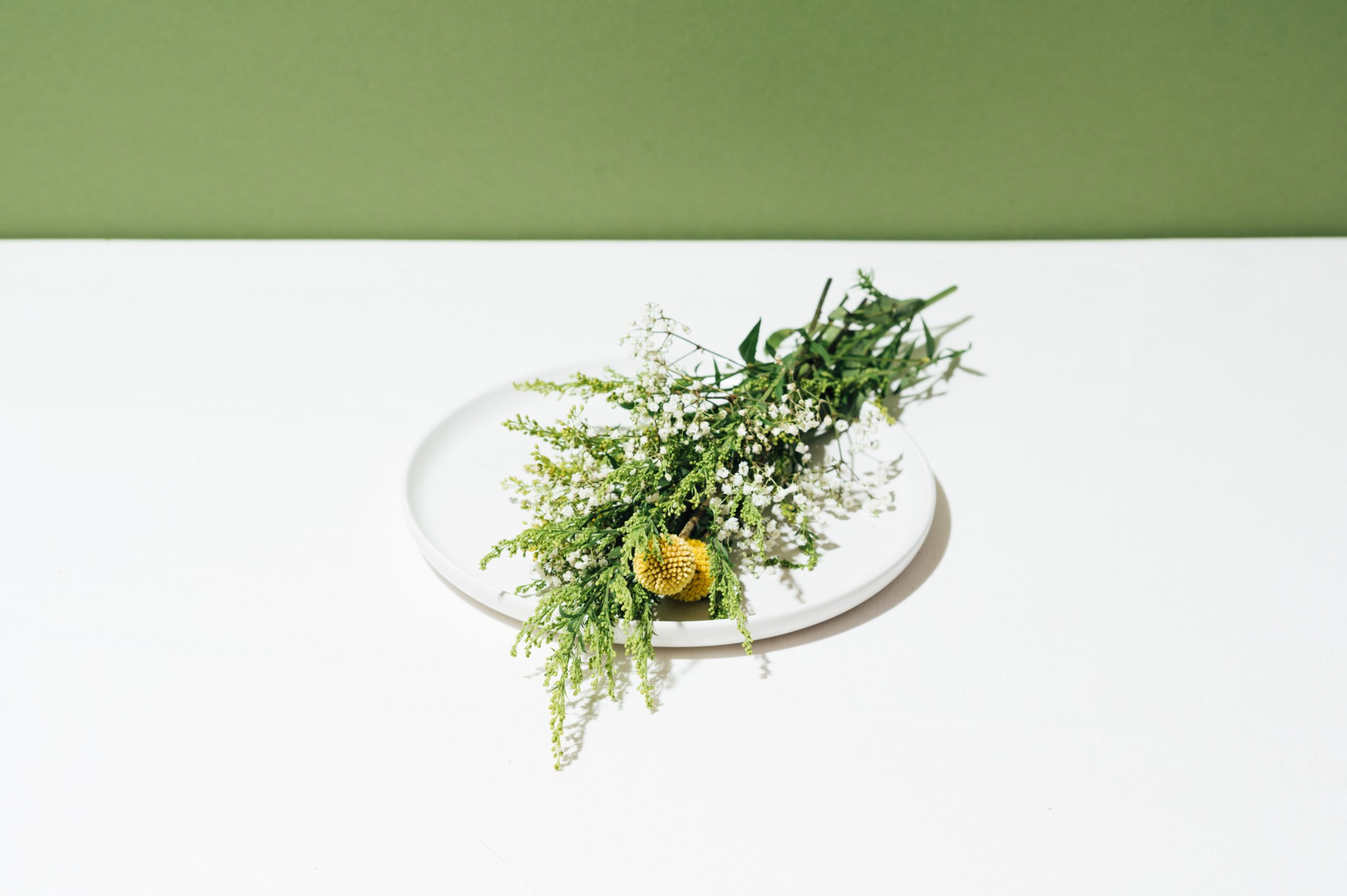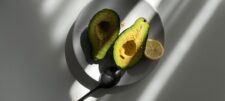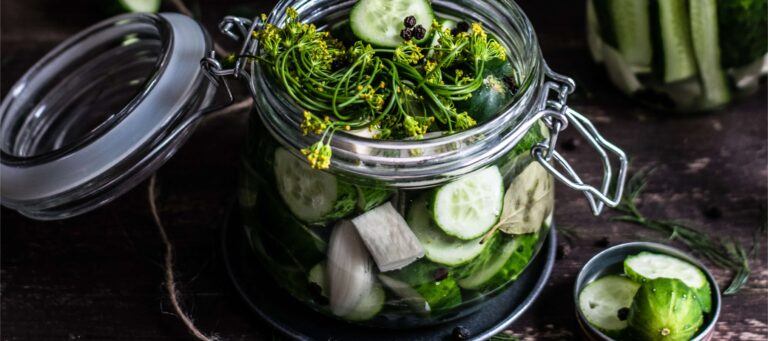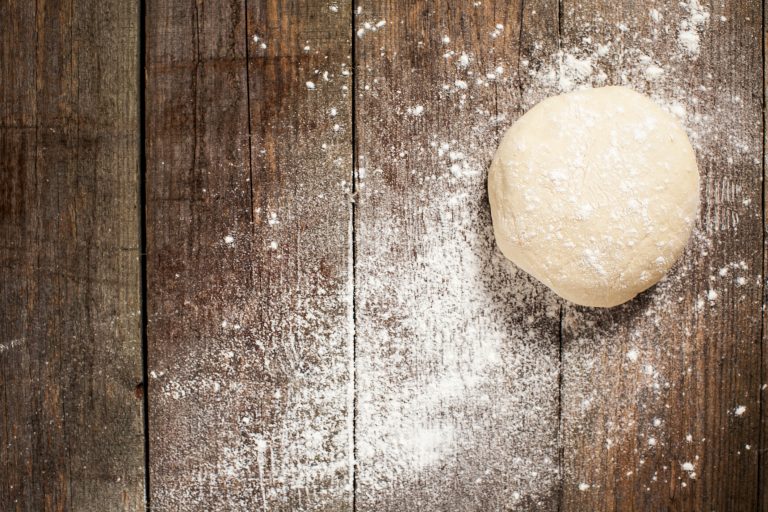Ever pick up a book or magazine because it claims to have the secrets for the “perfect” way to eat? Are you constantly changing your diet based on what science or the media is telling you is healthy? What is a “perfect diet” anyway?
We tend to think there is this one right way to eat or live (and we are “discovering” it all the time). But what if that scientifically-proven healthy diet or way of life saps your energy and makes you feel unwell? According to traditional Chinese medicine (TCM) theory, everyone has a unique combination of imbalances that manifest when we are exposed to stress. Some of us get headaches or other pains, while others have trouble sleeping, problems with digestion, mood, bowel movements, or our menstrual cycles. Any symptom is an indication of an underlying imbalance… a way for our bodies to communicate the need for assistance. Predictable patterns of symptoms often emerge accompanying these imbalances, so I guess even if we are all unique and different, at least we fall apart in a fairly predictable pattern, according to TCM.
With all the lovely unique people around, how could there be one diet that is appropriate for everyone? TCM practitioners often offer dietary recommendations in addition to using acupuncture and Chinese herbs to encourage healing. In other words, once you understand how your body tends to fall apart, you should adopt a lifestyle and diet that supports those weaknesses, especially during times of stress. Essentially, we all need a diet that is supportive of our unique bodies, and it may change as we age and evolve.
The responsibility then falls on us to find our own diet and lifestyle. Thankfully there are many resources available to assist us in this process, but the best resource is actually you! Start by paying attention to how you feel with your current diet. If you’ve tried several diets, you probably know a thing or two about what works and what doesn’t for your body.
Try to stop relying so much on what we are told our bodies need and start listening to what our bodies are telling us. With your unique diet, you should feel energized all day and get appropriately tired as the night winds down. You should fall asleep and stay asleep until it is time to start your day. You should have at least one bowel movement a day (which should be formed, soft, and easy to pass), and feel energized (not bloated, gassy, or tired) after eating. Occasionally, changing our diet is not enough to improve how we feel and it is necessary to incorporate other healing modalities like herbs, supplements, acupuncture, homeopathy, or pharmaceuticals.
Where to start? I like Michael Pollan’s take on nutrition: “Eat food. Not too much. Mostly Plants.”
Eat real foods that come from the ground or have a mother.
Eat clean foods that have grown and been raised without pesticides, hormones, or antibiotics.
Eat balanced meals containing lots of organic fruits and vegetables, some meat or vegetable protein, whole grains, clean fish, and healthy plant fats (avocado, olive oil, coconut oil, walnuts, flax, etc.).
Need specifics? Consult a Nutritionist or your acupuncturist or check out books by Michael Pollan (we like Food Rules: An Eater’s Manual and In Defense of Food: An Eater’s Manifesto for a more in-depth guide) or Dr. Andrew Weil (Eating Well For Optimum Health: The Essential Guide to Bringing Health and Pleasure Back to Eating).
If you are having symptoms, especially digestive symptoms, eczema or psoriasis, headaches, fatigue, poor immunity, foggy-headedness, or depression, you may want to consider experimenting with a dairy, gluten, sugar or soy-free diet. It may take more than reading a book or magazine, but once you figure out a diet to support your unique body, it can change your life!
